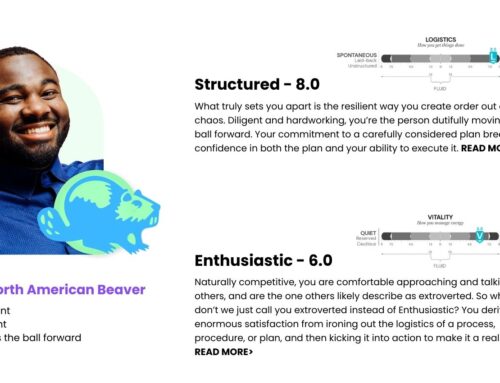The Benefit of Rethinking COVID
If the seemingly never-ending COVID pandemic has you feeling down, anxious, or otherwise gloomy, there’s strong evidence that undertaking a cognitive reappraisal – basically reconsidering the situation through a different mental lens – can provide immediate help.
Also known as cognitive reframing, reappraisals are a common tactic used as part of cognitive behavioral therapy (CBT). In a nutshell, CBT is a form of talk therapy that over time encourages more upbeat modes of thought and behavior.
In a massive, global study testing more than 20,000 subjects in 87 countries, researchers looked at two different modes of cognitive reappraisal to determine if they were successful at lightening people’s moods with regard to the pandemic.
The first mode of reappraisal the researchers considered was refocusing – essentially, getting people to look at the bright side of things. So, for example, while the pandemic forced people into a lockdown, it also enabled:
- Non-existent commute times
- Family meals
- Extra time for hobbies
- Cleaner air
The second mode of reappraisal considered was reconstruing, which required participants to move beyond sunny thoughts to longer-term, positive-focused narratives.
In other words, instead of a refocus on ‘Yay, I get to work in my PJs,’ subjects were asked to consider a healthier, big picture story such as, ‘People have faced world wars, economic depressions, and other global catastrophes before and we will do it again.’
Not only did these tactics succeed with most of the study’s participants, there were signs they were being adopted for other aspects of life as well.
The study’s authors took pains to point out that they’re not simply focused on replacing negative thoughts with positive ones – that there also is a place for acknowledging the difficulty of a situation.
“I think there’s a really delicate balance between acknowledging the reality, allowing people to sometimes sit with negativity,” said Kateri McRae, a University of Denver psychologist and one of the study’s authors. But there’s also value in “realizing that positive interpretations of things are possible.”
The Benefit of Rethinking COVID
If the seemingly never-ending COVID pandemic has you feeling down, anxious, or otherwise gloomy, there’s strong evidence that undertaking a cognitive reappraisal – basically reconsidering the situation through a different mental lens – can provide immediate help.
Also known as cognitive reframing, reappraisals are a common tactic used as part of cognitive behavioral therapy (CBT). In a nutshell, CBT is a form of talk therapy that over time encourages more upbeat modes of thought and behavior.
In a massive, global study testing more than 20,000 subjects in 87 countries, researchers looked at two different modes of cognitive reappraisal to determine if they were successful at lightening people’s moods with regard to the pandemic.
The first mode of reappraisal the researchers considered was refocusing – essentially, getting people to look at the bright side of things. So, for example, while the pandemic forced people into a lockdown, it also enabled:
- Non-existent commute times
- Family meals
- Extra time for hobbies
- Cleaner air
The second mode of reappraisal considered was reconstruing, which required participants to move beyond sunny thoughts to longer-term, positive-focused narratives.
In other words, instead of a refocus on ‘Yay, I get to work in my PJs,’ subjects were asked to consider a healthier, big picture story such as, ‘People have faced world wars, economic depressions, and other global catastrophes before and we will do it again.’
Not only did these tactics succeed with most of the study’s participants, there were signs they were being adopted for other aspects of life as well.
The study’s authors took pains to point out that they’re not simply focused on replacing negative thoughts with positive ones – that there also is a place for acknowledging the difficulty of a situation.
“I think there’s a really delicate balance between acknowledging the reality, allowing people to sometimes sit with negativity,” said Kateri McRae, a University of Denver psychologist and one of the study’s authors. But there’s also value in “realizing that positive interpretations of things are possible.”



